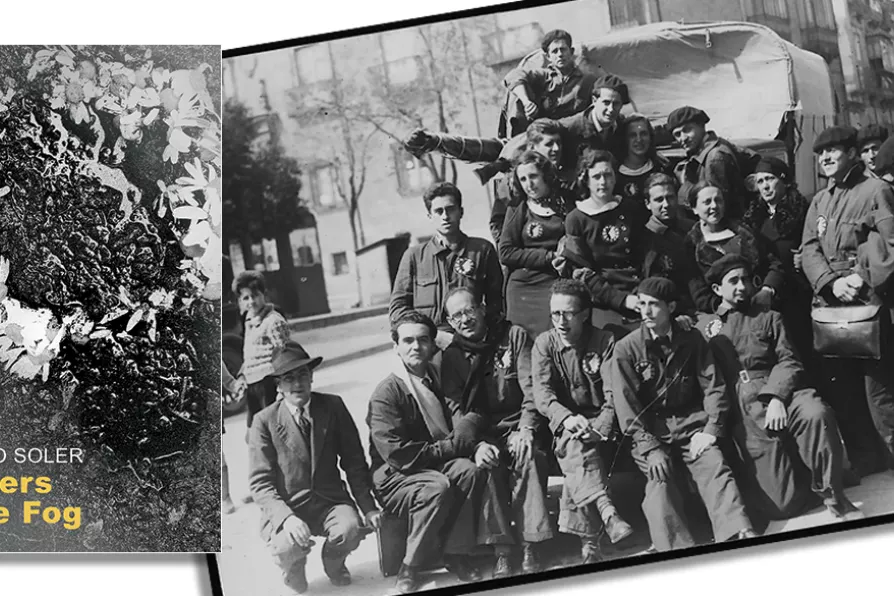JOHN GREEN, MARIA DUARTE and ANGUS REID review Fukushima: A Nuclear Nightmare, Man on the Run, If I Had Legs I’d Kick You, and Cold Storage

 LIFTING SPIRITS: Members of La Barraca Republican mobile theatre group, 1933 - much like the one the protagonist might have joined...
[Public Domain]
LIFTING SPIRITS: Members of La Barraca Republican mobile theatre group, 1933 - much like the one the protagonist might have joined...
[Public Domain]
Soldiers in the Fog
By Antonio Soler, The Clapton Press, £12.99
THIS Spanish Civil War novel was first published in 1999 in Spanish, under the title El Nombre Que Ahora Digo (The Name I Now Call Out) and was awarded the Premio Primavera de Novela.
It is, however, not a historical account of events that took place at that time, nor is it about the international brigades. It plunges us head first into the horror and squalor of war on a purely human level.
It is written in a lyrical prose style which certainly captures atmosphere and that sense of chaos that all wars engender. I felt, however, that the civil war is used here merely as a convenient backdrop for a human interest story and that the author has little interest in casting new light on that significant historical event nor whether he has an opinion on the rights and wrongs of that conflict.
The story is set during the Spanish Civil War, and is quite simple: a young soldier, Gustavo Sintora, arrives in Madrid after Franco’s rebel forces capture Malaga. He is posted to the Republican army’s mobile entertainment unit which is billeted in a mansion on the city’s outskirts and puts on shows for those fighting on the front line. In Madrid he meets Serena Vergara, a seamstress who is destined to become the love of his life.

Spanish dictator Francisco Franco died 50 years ago today November 20. JIM JUMP looks back at his blood-soaked rule and toxic legacy on Spain today

TONY FOX invites readers to come and hear the story of the remarkable Liverpudlian International Brigader Alexander Foote











